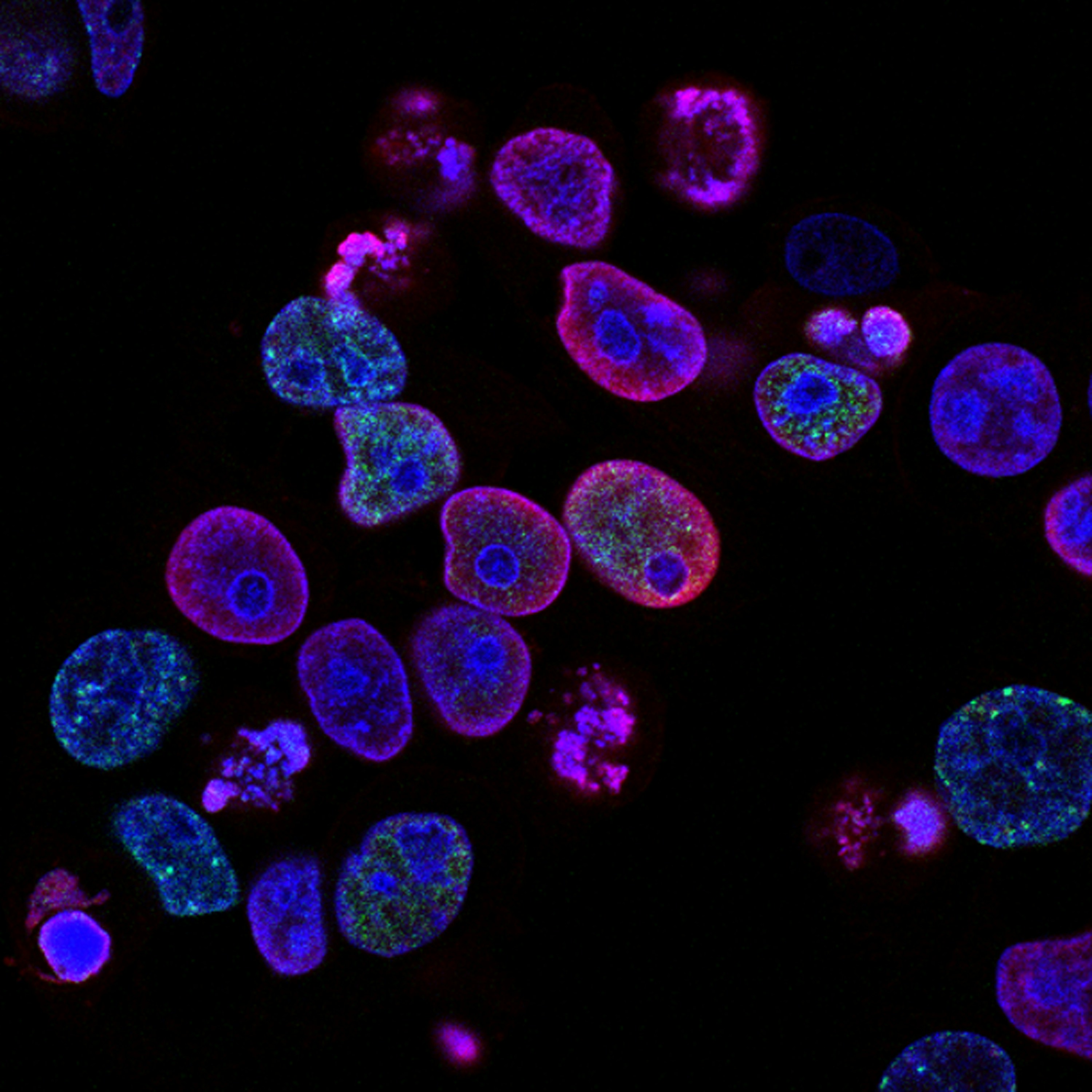10 March 2024

Artificial Intelligence (AI) is revolutionizing healthcare, offering new ways to diagnose diseases, personalize treatments, and improve patient outcomes. With the ability to analyze vast amounts of data quickly and accurately, AI systems are enhancing the capabilities of medical professionals and transforming patient care.
One of the most significant applications of AI in healthcare is in medical imaging. AI algorithms can analyze images from X-rays, MRIs, and CT scans to detect abnormalities such as tumors, fractures, and infections with remarkable accuracy. For instance, Google's DeepMind has developed an AI system that can diagnose eye diseases from retinal scans as effectively as world-leading specialists.
AI is also making strides in personalized medicine. By analyzing genetic data, lifestyle information, and other health metrics, AI can help design tailored treatment plans for individual patients. This approach is particularly beneficial for managing chronic diseases like diabetes and cancer, where personalized treatment can significantly improve outcomes.

Another exciting development is the use of AI in predictive analytics. By examining patterns in patient data, AI can predict the likelihood of disease outbreaks, hospital readmissions, and other critical health events. This predictive capability allows healthcare providers to take proactive measures, improving patient care and reducing costs.
Despite these advancements, the integration of AI in healthcare also raises ethical and practical challenges. Issues such as data privacy, algorithmic bias, and the need for transparency and accountability must be addressed to ensure the responsible use of AI. Ongoing research and collaboration between technologists, healthcare providers, and policymakers are essential to harness the full potential of AI while safeguarding patient rights.
Play video
More stories
10 March 2024

Artificial Intelligence (AI) is revolutionizing healthcare, offering new ways to diagnose diseases, personalize treatments, and improve patient outcomes. With the ability to analyze vast amounts of data quickly and accurately, AI systems are enhancing the capabilities of medical professionals and transforming patient care.
One of the most significant applications of AI in healthcare is in medical imaging. AI algorithms can analyze images from X-rays, MRIs, and CT scans to detect abnormalities such as tumors, fractures, and infections with remarkable accuracy. For instance, Google's DeepMind has developed an AI system that can diagnose eye diseases from retinal scans as effectively as world-leading specialists.
AI is also making strides in personalized medicine. By analyzing genetic data, lifestyle information, and other health metrics, AI can help design tailored treatment plans for individual patients. This approach is particularly beneficial for managing chronic diseases like diabetes and cancer, where personalized treatment can significantly improve outcomes.

Another exciting development is the use of AI in predictive analytics. By examining patterns in patient data, AI can predict the likelihood of disease outbreaks, hospital readmissions, and other critical health events. This predictive capability allows healthcare providers to take proactive measures, improving patient care and reducing costs.
Despite these advancements, the integration of AI in healthcare also raises ethical and practical challenges. Issues such as data privacy, algorithmic bias, and the need for transparency and accountability must be addressed to ensure the responsible use of AI. Ongoing research and collaboration between technologists, healthcare providers, and policymakers are essential to harness the full potential of AI while safeguarding patient rights.
Play video
More stories
10 March 2024

Artificial Intelligence (AI) is revolutionizing healthcare, offering new ways to diagnose diseases, personalize treatments, and improve patient outcomes. With the ability to analyze vast amounts of data quickly and accurately, AI systems are enhancing the capabilities of medical professionals and transforming patient care.
One of the most significant applications of AI in healthcare is in medical imaging. AI algorithms can analyze images from X-rays, MRIs, and CT scans to detect abnormalities such as tumors, fractures, and infections with remarkable accuracy. For instance, Google's DeepMind has developed an AI system that can diagnose eye diseases from retinal scans as effectively as world-leading specialists.
AI is also making strides in personalized medicine. By analyzing genetic data, lifestyle information, and other health metrics, AI can help design tailored treatment plans for individual patients. This approach is particularly beneficial for managing chronic diseases like diabetes and cancer, where personalized treatment can significantly improve outcomes.

Another exciting development is the use of AI in predictive analytics. By examining patterns in patient data, AI can predict the likelihood of disease outbreaks, hospital readmissions, and other critical health events. This predictive capability allows healthcare providers to take proactive measures, improving patient care and reducing costs.
Despite these advancements, the integration of AI in healthcare also raises ethical and practical challenges. Issues such as data privacy, algorithmic bias, and the need for transparency and accountability must be addressed to ensure the responsible use of AI. Ongoing research and collaboration between technologists, healthcare providers, and policymakers are essential to harness the full potential of AI while safeguarding patient rights.
Play video

